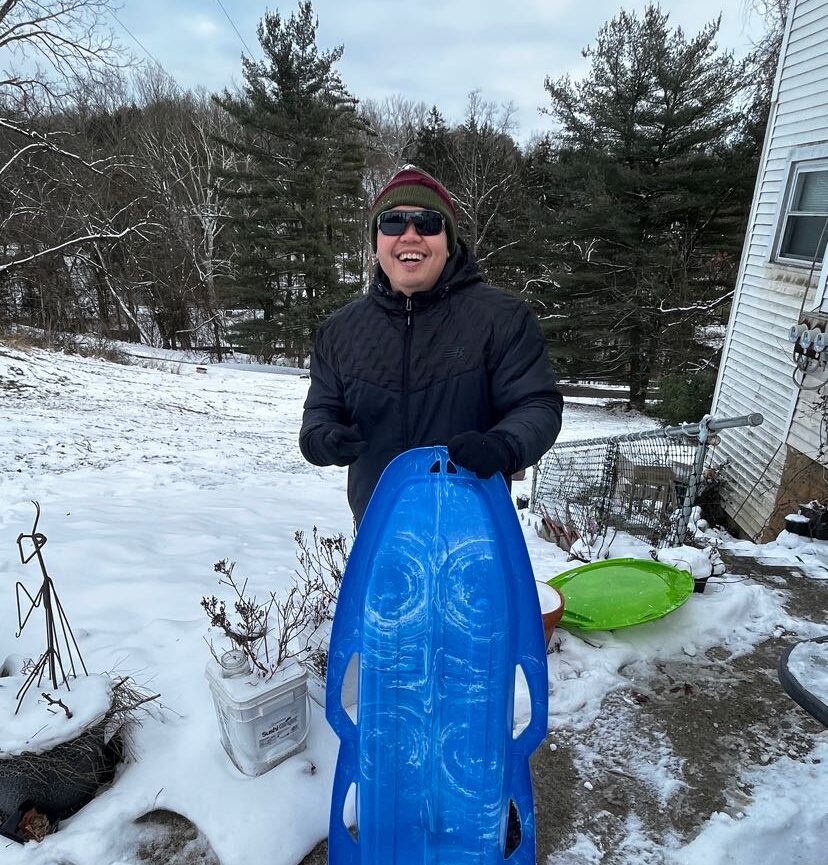
By Ahmad Junaidi Ahmad Hadzmy
Guru Bahasa
Fulbright Foreign Language Teaching Assistant 23/24
One of the things that I repeatedly tell my students to do is to get out of their comfort zones. In August of 2023, I heeded my own advice.
I am, by training, an English language instructor who is based in Malaysia. I would be teaching Bahasa Melayu in Ohio University, United States of America.
Spoiler alert – or perhaps not – when I accepted the Fulbright Foreign Language Teaching Assistant (FLTA) offer, it became one of the best decisions I have ever made in my life.
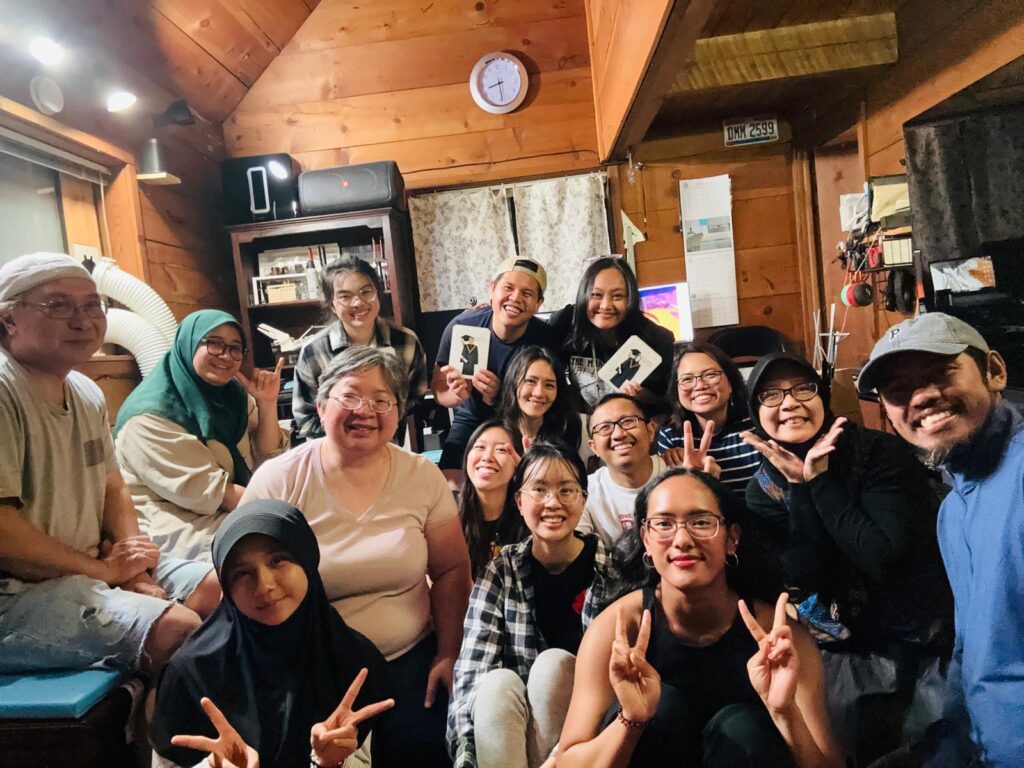
Teaching Bahasa Melayu to foreign students sparked a deep love for Malaysia that I did not know existed in the first place. I was not only teaching the language, but the culture that comes with the language. That is something that I overlooked as a Malaysian. There is so much culture embedded within our language, and yet, we only notice it when we teach others.
Teaching Bahasa Melayu as a foreign language is not the same as teaching English. English is widely spoken, widely known, and when English is taught, culture is of a minor worry. Rather, the emphasis is on being as accurate as possible. The correct pronouns and the correct verb usage, preposition, plurals and singulars, pronouncing the [th] in things versus them…you know the drill.
In Ohio, however, I was reminded by my supervisor to teach the communicative aspect of the language – “As long as students can reply to your simple questions, you have done your job,” – that was her reminder to me.
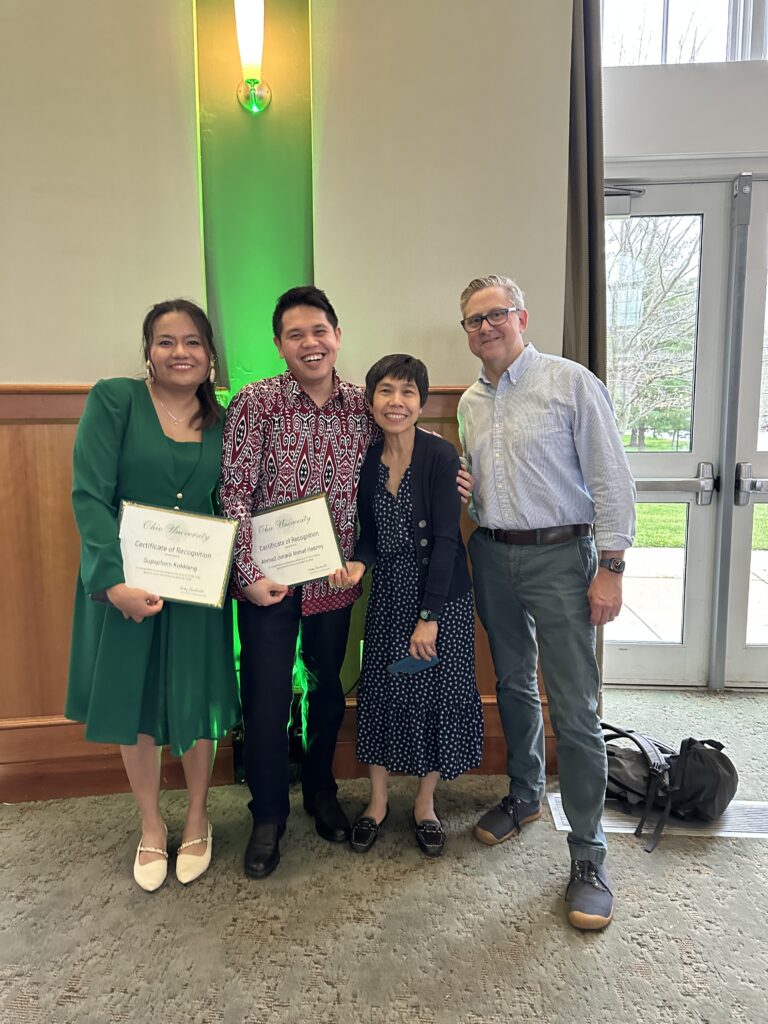
It was a wonderful experience to be able to introduce Malaysia to students who were genuinely curious about the country. They learned about our people, our customs and traditions, our celebrations and food, and our perspectives on things. These are the topics that I included in my syllabus, and based on the topics, I introduced the vocabulary and phrases that they had to remember as part of their language learning. We played congkak when we learned about traditional games. Did you know that in America, they have a similar game, and it is called macala? It was such a revelation when we found this out. We also painted batik when we learned about colors. It was great seeing students experiencing what little Malaysian culture I could bring to the classroom – and seeing them enjoying it in a fun and relaxing environment.
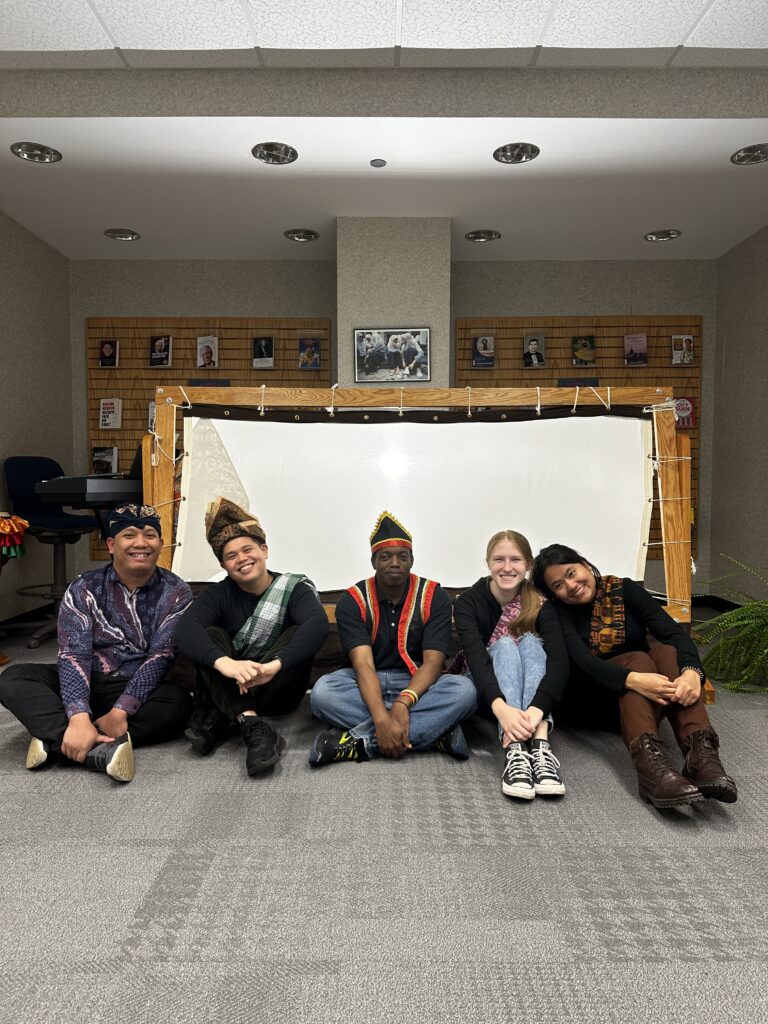
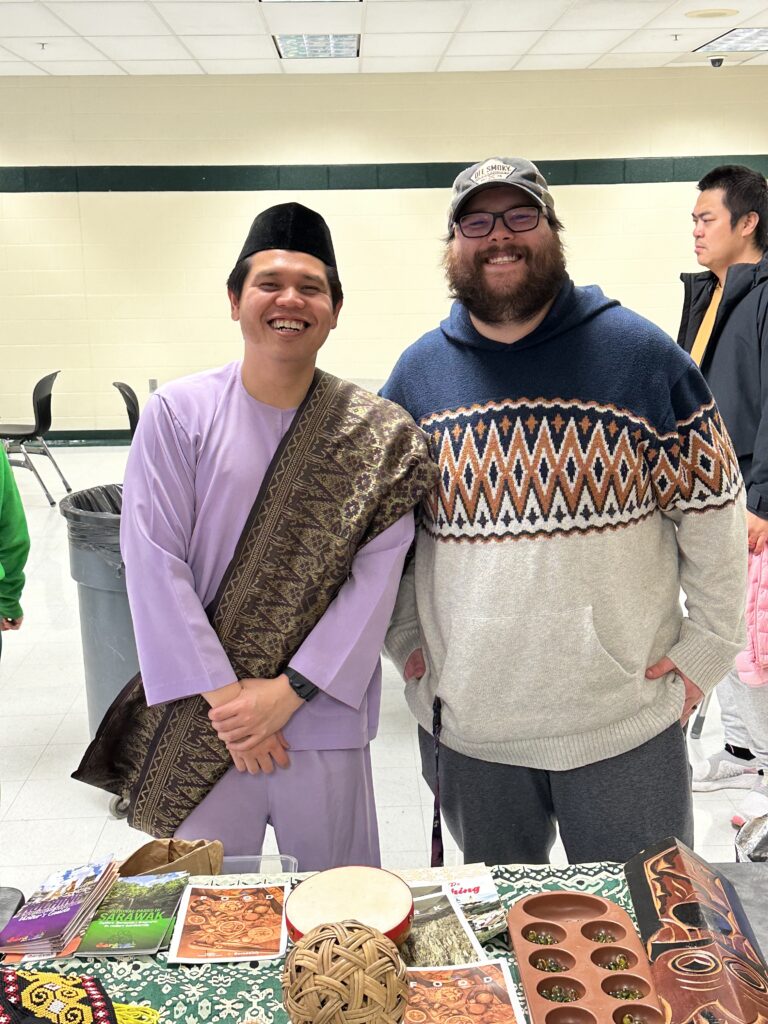
I also acted as the cultural ambassador of Malaysia. As a cultural ambassador, I gave talks in an anthropology class, taught Bidayuh dance in a world dance class, went to a junior/senior school to give a presentation about Malaysia; but the most memorable thing I did was the wayang kulit performance. Combining the story of Bujang Senang with the story of a Thai crocodile hunter, me and other FLTAs from Thailand captivated the audience with our combined folklores. We did the performance twice, once in the university library and once at an elementary school 30 minutes from the town of Athens. These cultural programs presented snippets of our country to communities that may not have the opportunity to visit the region.
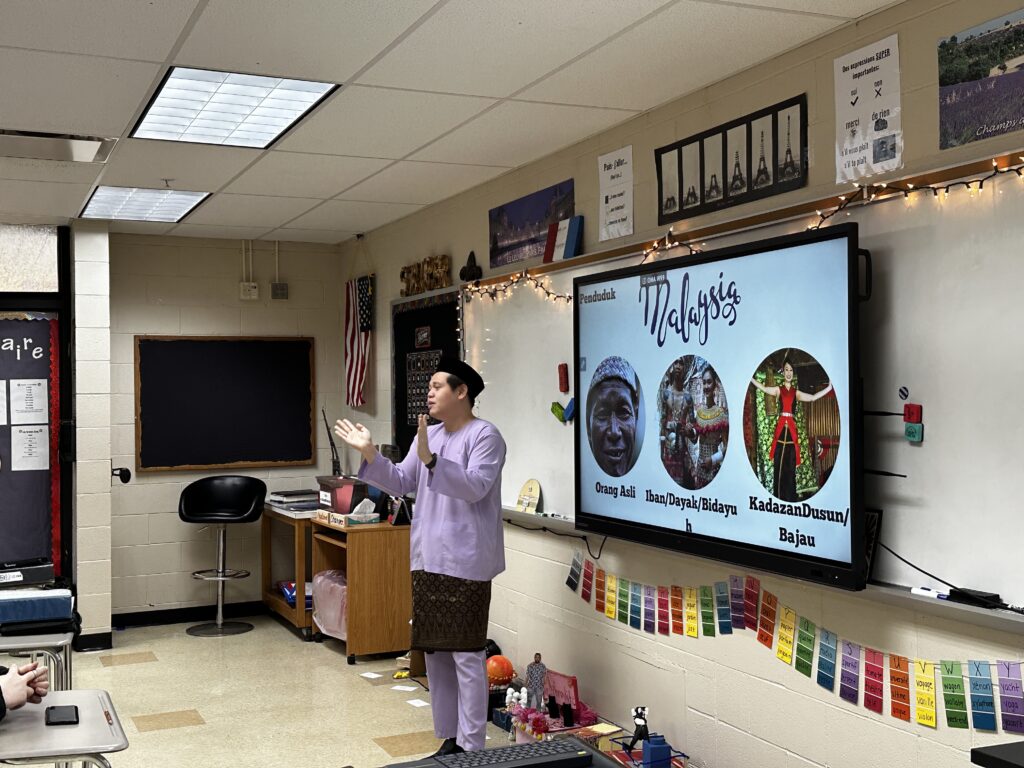
As an FLTA scholar, I also had to attend classes. I attended two semesters of classes on how to teach foreign languages. These reminded me of how learning never stops, and that we can always enrich our knowledge and upskill our capabilities anytime, anywhere.
The FLTA program truly widened my perspectives on not just the American culture and way of life, but most importantly on how little we appreciate our own culture. I believe that we are all proud of our culture, but we do not appreciate it as much. I guess it is true when they say you only appreciate something when it is not there – and that is how I felt when I was in America.
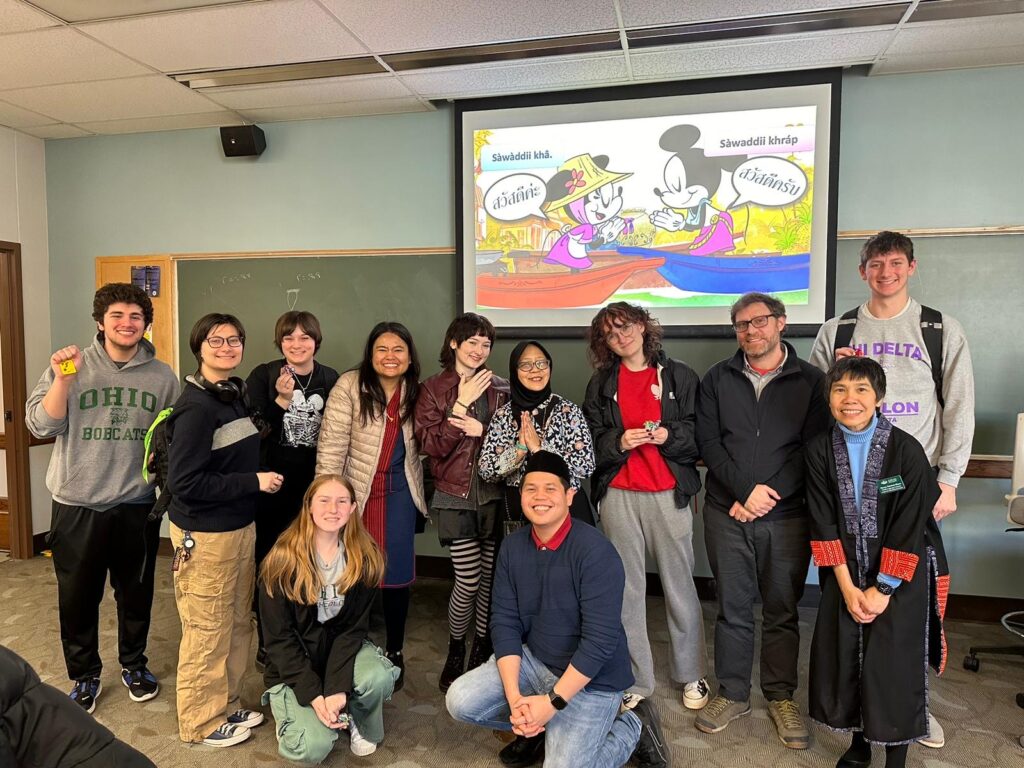
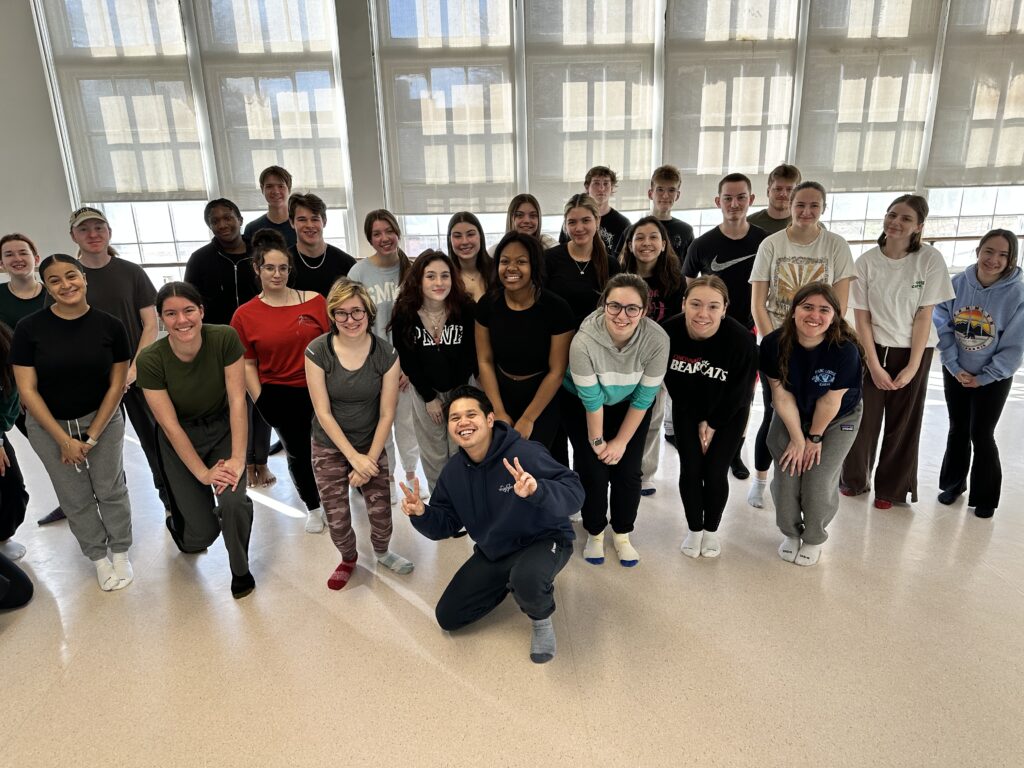
Another thing that I noticed and particularly liked is how connected the university was, not only with its students, but with the community around them. I can see that kind of relationship budding here in UNIMAS. Transparent and smooth procedures are vital so that we can conduct more activities with our communities.
Overall, my experience with the Fulbright program is a positive one, and I cannot wait to share what I have learned and experienced. If you have been in your comfort zone for too long, it is time for you to step out of it. Trust me, it will be worth it.


